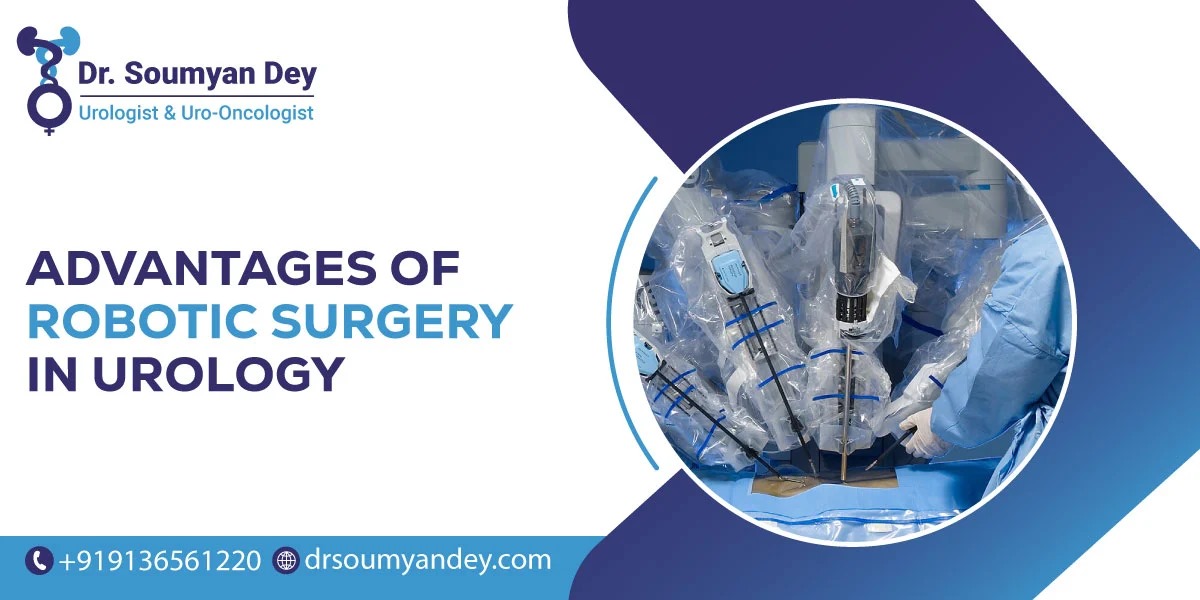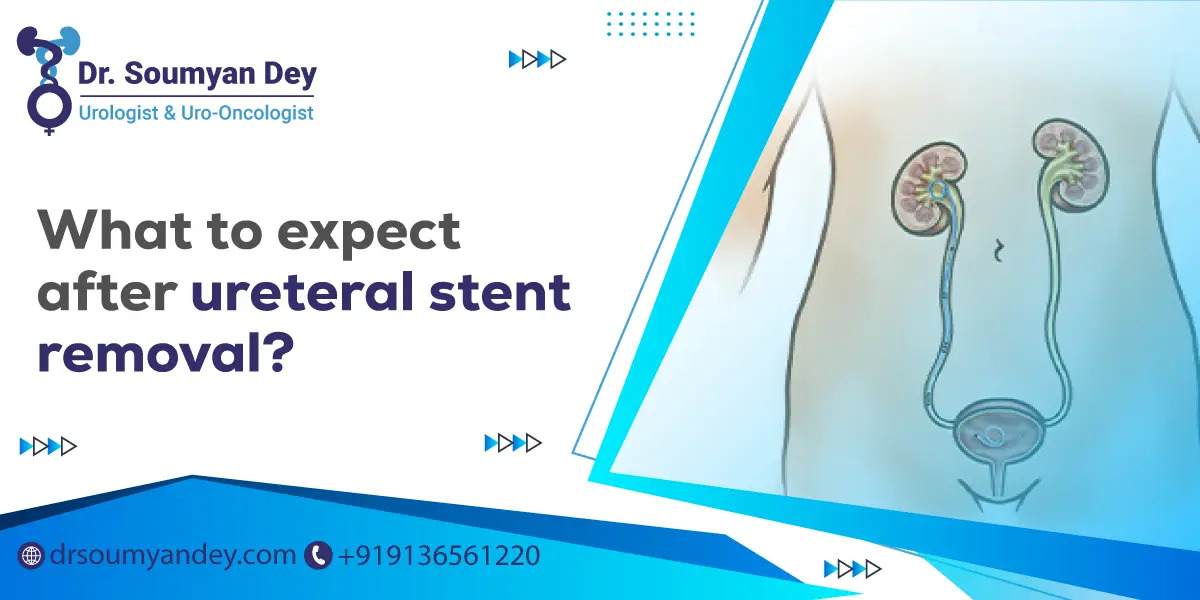Understanding Nephrectomy Surgery: What You Need to Know
Nephrectomy is a kidney removal procedure. The nephrectomy surgeon in Navi Mumbai can remove a part of your kidney or the entire one, depending on the kidney disease you are diagnosed with.
Bilateral nephrectomy refers to the surgical removal of both kidneys. This surgery is a life-saving medical procedure for patients diagnosed with benign kidney tumors or cancerous ones. Your surgeon might also remove part of the ureter and your hormonal gland, located right on top of the kidneys. Here’s all you should know about nephrectomy, its types, and treatment.
Types of Nephrectomy Surgery
Nephrectomy is categorized into two types:
i) Partial:
A portion of your kidney is removed either laparoscopically or in open surgery. This involved the removal of the diseased part of your kidney, leaving the rest of it intact.
ii) Radical:
If the entire kidney is affected by cancer or any disease that can be life-threatening for the patient, the surgeon might perform a radical nephrectomy, i,e, the entire removal of the kidney along with a part of the ureter and the affected areas.
The doctor might perform surgery based on the level of kidney damage. For instance, the nearby tissues and hormonal glands might need to be removed if the cancer cells have spread to these parts.
What Happens During Nephrectomy?
Nephrectomy involves either an open surgery or a laparoscopic procedure, in which, the surgeon makes several small incisions on your abdomen to reach your kidney. A modern technique to perform this surgery is through robot-assisted technology.
The surgeon handles the robotic arm using the console and makes precise cuts on your sides to get an accurate view of your internal organs. If it’s performed laparoscopically, the surgeon inserts a small camera along with the surgical tools to remove the diseased part or the entire kidney. They view your organs on the monitor. Open surgery involves one large cut on your abdomen. The surgeon removes the kidney and closes the incision.
Also Read: Survival Rates for Kidney Cancer
Risks and Complications of Nephrectomy Surgery
Nephrectomy comes with its share of risks, like any surgical procedure. Some long-term complications of this procedure include hypertension and high protein content in urine due to the lack of two functional kidneys. Patients can also experience:
- Infection and bleeding from the wound
- Damage to the surrounding organs
- Reaction to anesthesia
- Pneumonia
In rare cases, nephrectomy can result in kidney failure.
Recovery Time for Nephrectomy Surgery
Nephrectomy kidney removal doctors in Navi Mumbai advise you to stay in the hospital for 2-3 days to monitor your vital organs. You can perform light activities, like walking, within a week or two following the surgery.
But avoid any heavy lifting or hectic activity that might put pressure on the incision site. It takes at least six weeks or longer to recover from a nephrectomy. After your recovery, your surgeon will call you for a follow-up. They will check the function of your other kidney to ensure it’s healthy.
Conclusion
See your doctor to know whether or not you are a good candidate for nephrectomy. You might be advised to undergo a laparoscopic procedure to ensure faster recovery and fewer complications.







